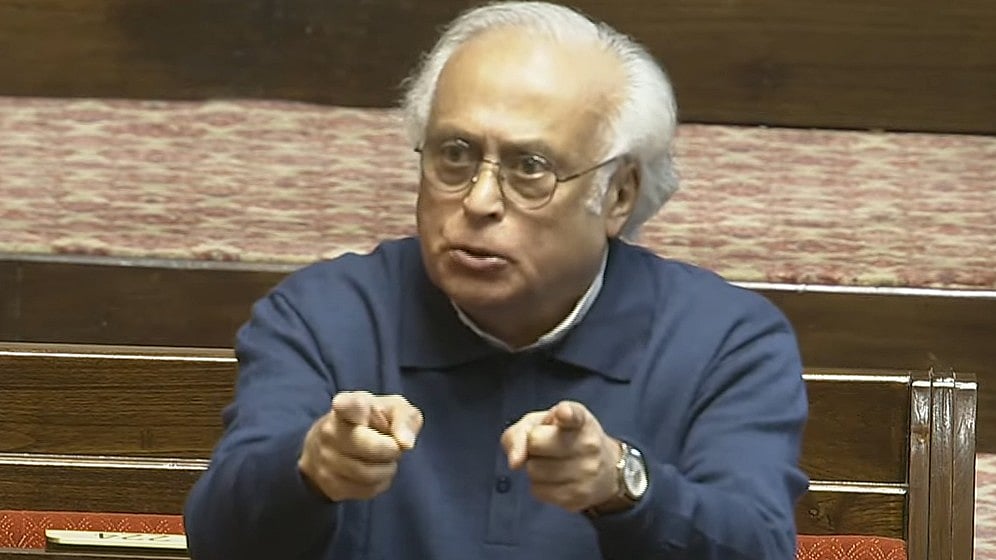POLITICS
RTI diluted to hide the truth, not serve the people, says Jairam Ramesh
Modi govt weakened RTI that once ensured public access to information, says Congress leader

Congress leader Jairam Ramesh on Sunday, 12 October, accused the Narendra Modi government of “crippling transparency” by diluting the Right to Information (RTI) Act, saying the amendments were driven by fear of public accountability rather than administrative reform.
“Earlier, when information wasn’t available from government departments, people could seek it through RTI. But the Modi government chose to weaken it,” said Ramesh, the party’s general secretary (Communications).
Published: undefined
He listed five key triggers behind the government’s move to amend the landmark law — all linked, he said, to inconvenient truths exposed through RTI queries:
The Central Information Commission once ruled that details about Prime Minister Narendra Modi’s educational qualifications must be disclosed.
An RTI response debunked Modi’s claim that millions held fake ration cards.
Another revealed that the RBI’s Central Board had warned, just four hours before demonetisation, that the move would have little effect on black money.
A request sought the list of major NPA defaulters and loan write-offs, exposing the government’s silence on the issue.
And when asked how much black money had been brought back to India, the official response was — “none.”
“These revelations shook the foundations of the government’s narrative,” Ramesh said, adding that the amendments to the RTI Act were “not about efficiency, but about shielding the powerful from scrutiny.”
Published: undefined
Follow us on: Facebook, Twitter, Google News, Instagram
Join our official telegram channel (@nationalherald) and stay updated with the latest headlines
Published: undefined